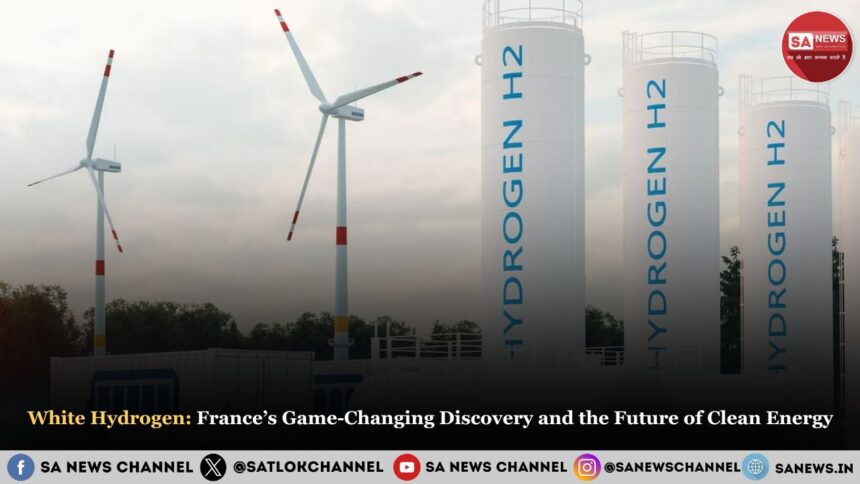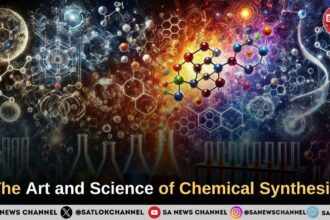White hydrogen, also known as natural hydrogen, geological hydrogen, or gold hydrogen, is a naturally occurring form of hydrogen found in the Earth’s crust. Unlike grey, blue, or green hydrogen, white hydrogen does not require industrial production, making it a carbon-free and eco-friendly energy source.
Recent Discovery in France
France recently discovered a massive reserve of white hydrogen in Folschviller, Moselle, estimated at 46 million tonnes. This breakthrough positions France at the forefront of clean hydrogen energy and has the potential to revolutionize global energy production.
Benefits of White Hydrogen
- Zero CO₂ emissions
- Naturally available – No energy-intensive production required
- Cost-effective – Estimated at $1/kg, compared to $6/kg for green hydrogen
- Compatible with existing infrastructure
- Renewable and sustainable
Also Read: Scientists Freeze Light for the First Time: A Quantum Breakthrough That Could Change Everything
White Hydrogen vs. Other Hydrogen Types
| Type | Source/Method | Environmental Impact |
| Grey | Fossil fuels | High CO₂ emissions |
| Blue | Fossil fuels + Carbon capture | Medium (lower CO₂) |
| Green | Electrolysis via renewables | Low emissions, high cost |
| White | Naturally occurring underground | No emissions, low cost |
Global Potential
White hydrogen could transform the global energy sector by providing a clean, abundant, and scalable fuel source without the energy costs of production. It challenges the previous belief that hydrogen must be manufactured and opens a new frontier in clean energy exploration.
Impact on the Energy Sector
- Reduces dependence on fossil fuels
- Promotes the clean energy transition
- Encourages new technologies and infrastructure development
- Supports climate change mitigation goals
Energy and the Environment
Energy production, especially from fossil fuels, contributes to:
- Air pollution
- Climate change
- Water and thermal pollution
- Solid waste disposal
White hydrogen offers a promising way to minimize these environmental effects.
FAQs About White Hydrogen
Q: What does Si symbolize?
A: Silicon
Q: What is Yellow Hydrogen?
A: Hydrogen produced using electricity from solar power (Yellow hydrogen is typically associated with solar-powered electrolysis, rather than a mix of renewables and fossil fuels.)
Q: How many types of hydrogen bonds are there?
A: Two: Intermolecular and intramolecular hydrogen bonds.









